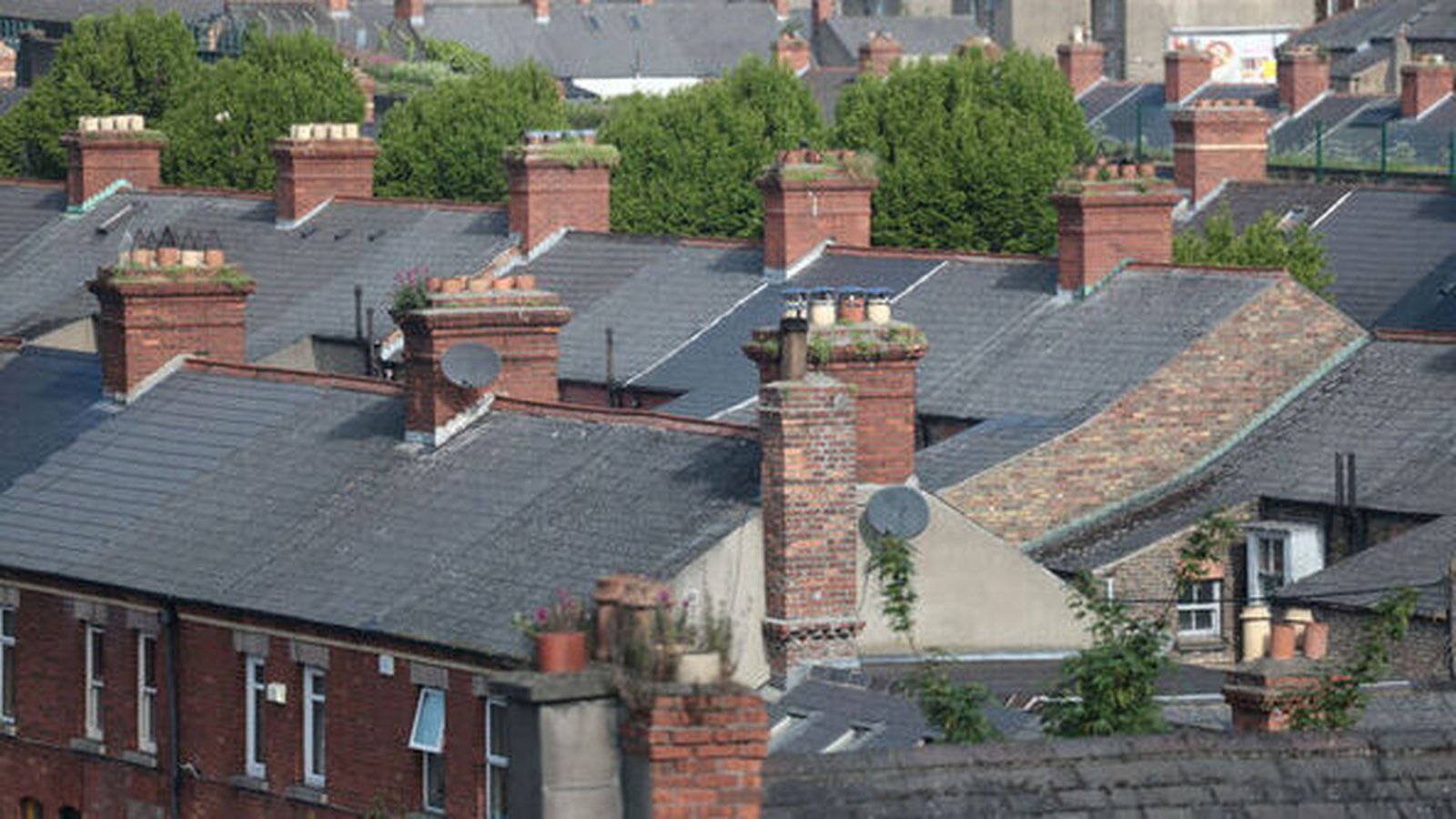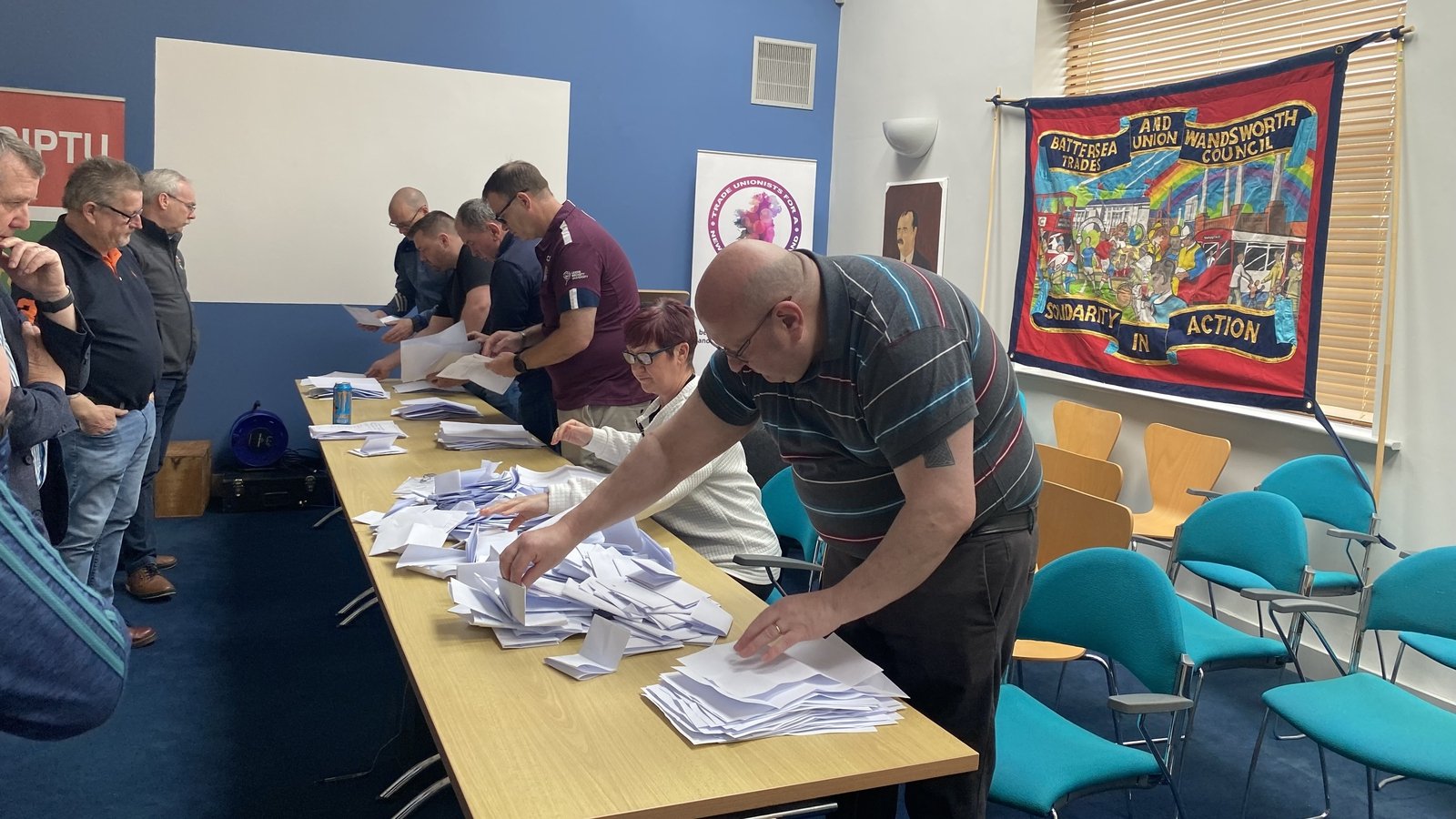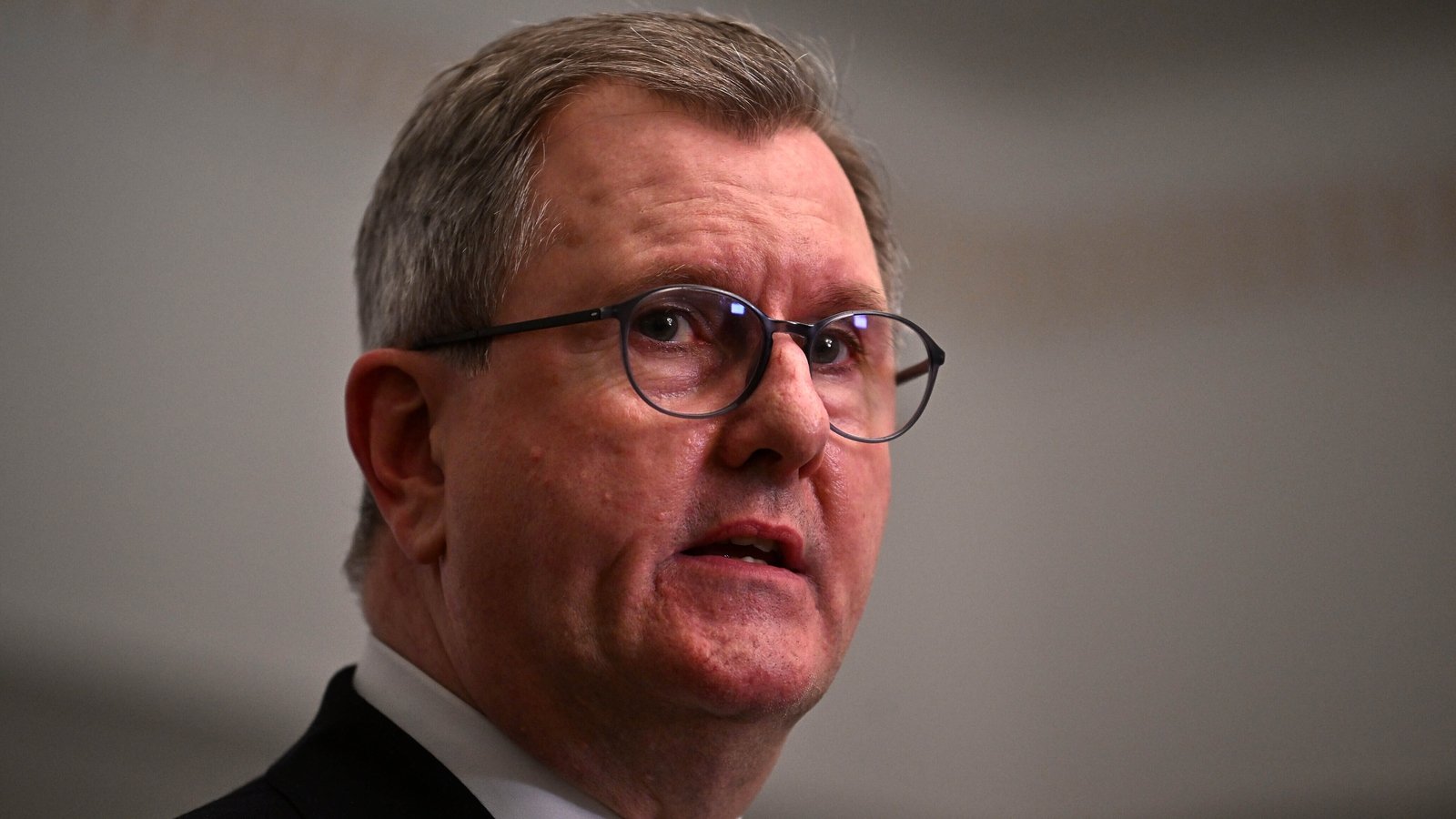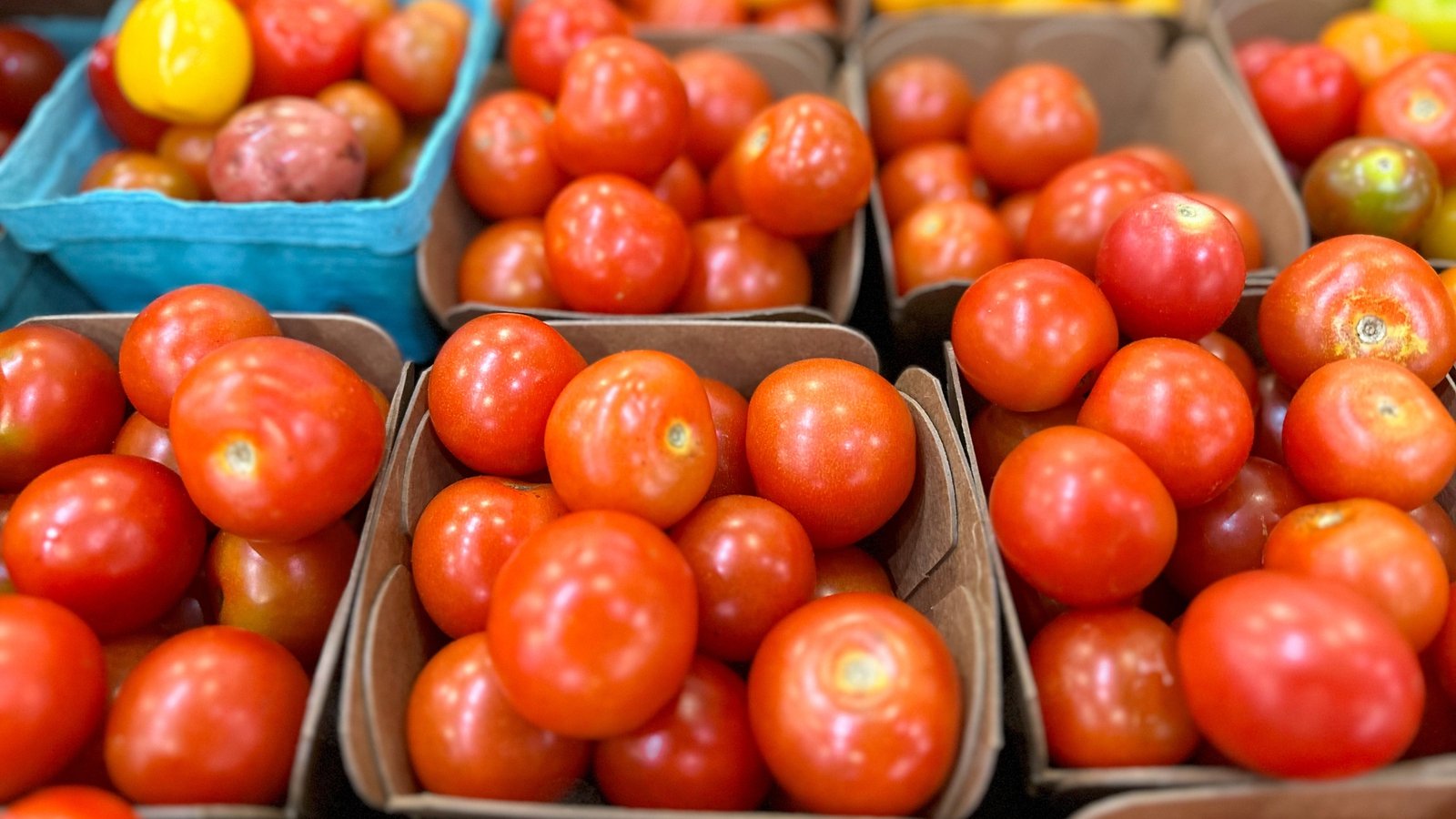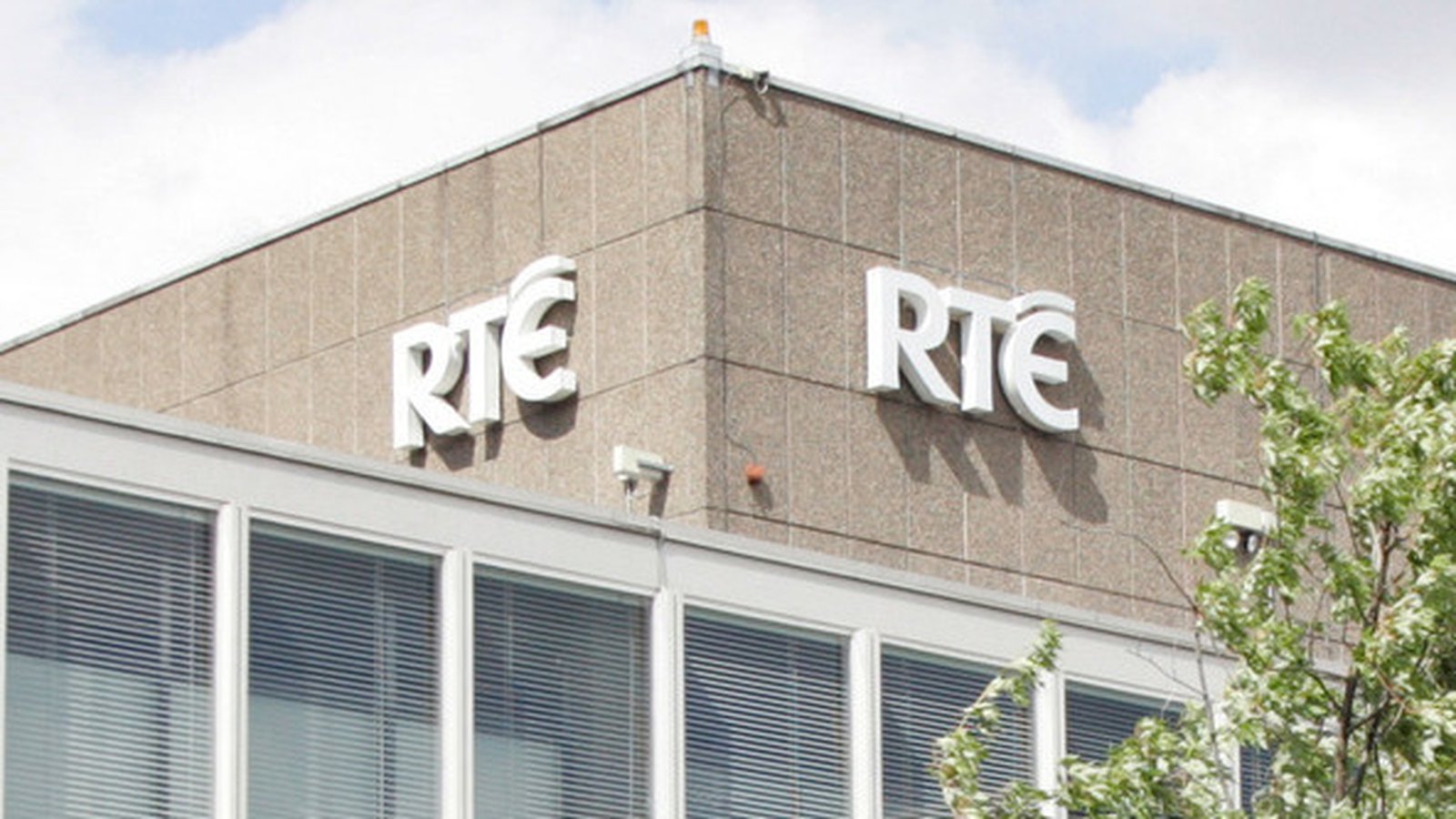Russia begins voting as Ukraine steps up border attacks
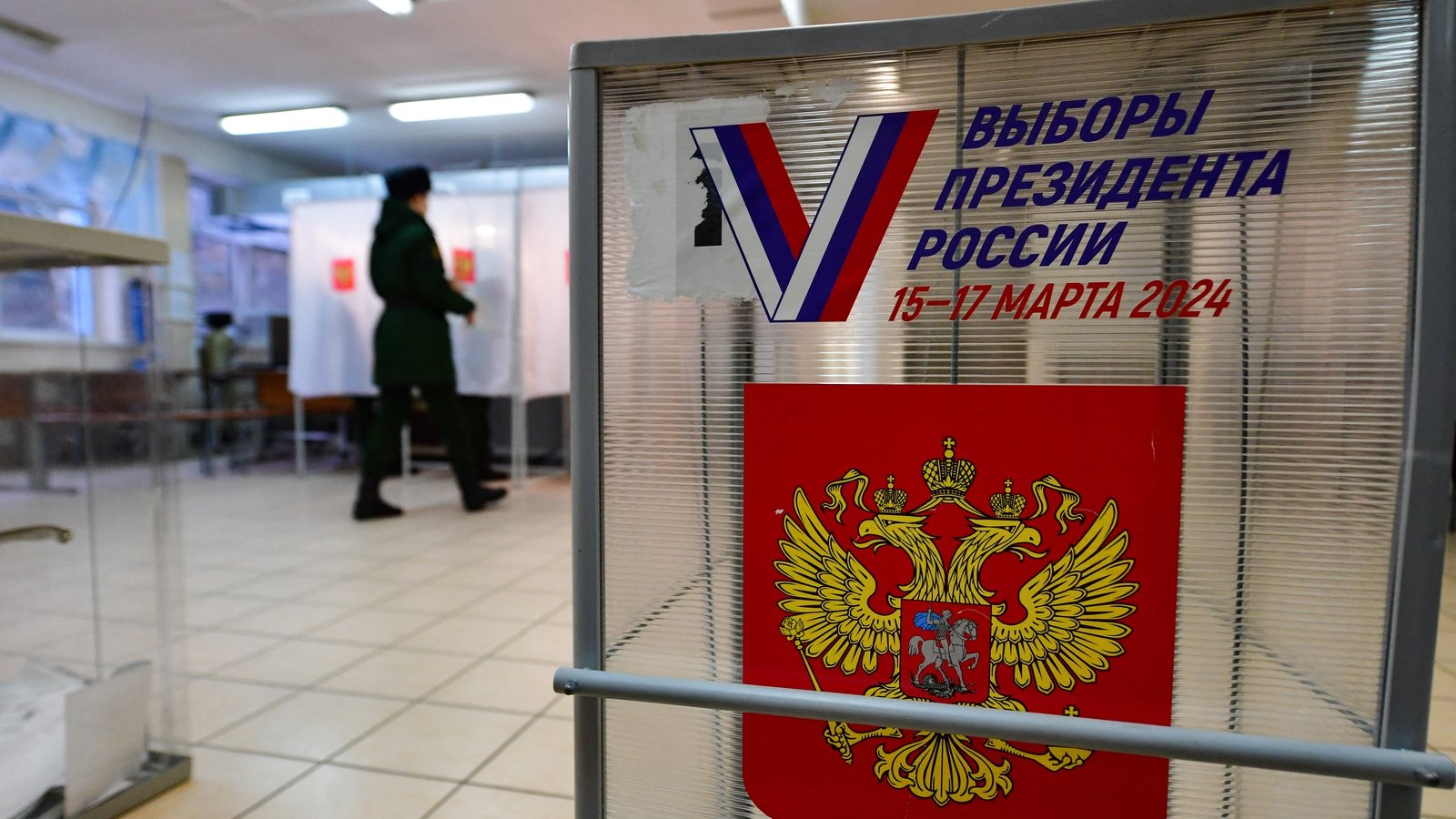
Voting is under way in Russia in an election set to prolong President Vladimir Putin’s rule by six more years.
Ukraine has branded the vote a “farce” and launched a barrage of deadly attacks on border regions.
As Russians began casting their ballots in the 15-17 March election across the country’s 11 time zones, the 71-year-old former KGB lieutenant colonel’s popularity is high amid strong support for the war in Ukraine.
Officials in Moscow have warned against any protests during vote, after calls from the opposition for anti-Putin demonstrations on Sunday.
The Kremlin says the vote will show that the country is fully behind his assault on Ukraine and polling stations have been set up in Russian-held territories.
Polling stations opened in Russia’s easternmost Kamchatka peninsula at 8am local time and are set to close at 8pm (6pm Irish time) on Sunday in Kaliningrad.
All of Mr Putin’s major critics are dead, in prison or in exile, and authorities blocked the few genuine competitors who tried to stand in the contest.
Mr Putin ordered a full-scale invasion of Ukraine in February 2022 after eight years of conflict in eastern Ukraine between Kyiv’s forces on one side and pro-Russian Ukrainians and Russian proxies on the other.
Tens of thousands of soldiers have been killed and many more wounded on both sides, thousands of Ukrainian civilians are dead and Ukraine’s economy and infrastructure have suffered damage worth hundreds of billions of dollars.
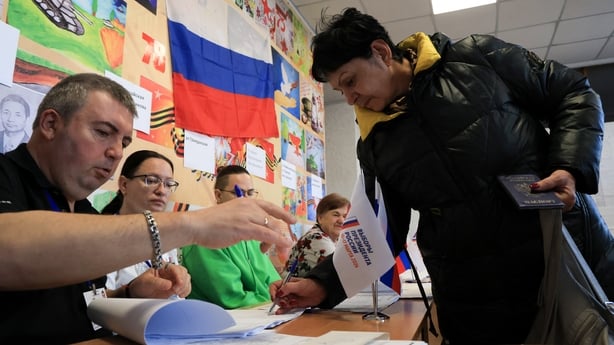
The West, which says Mr Putin is a threat well beyond the former Soviet Union, has supplied Ukraine with hundreds of billions of dollars worth of aid, weapons and top-level intelligence. Western leaders accuse Mr Putin of waging a brutal imperial-style war aimed at restoring Russia’s global clout.
Mr Putin casts the war as part of an existential battle with a declining and decadent West which he says humiliated Russia after the Berlin Wall fell in 1989 by encroaching on what he considers to be Moscow’s sphere of influence, including Ukraine.
That appeals to many Russians who are suspicious about the West’s politics and intentions, if not its consumer goods. Top Kremlin officials, some sporting sweatshirts bearing the words “Putin’s Team”, speak openly of war with NATO.
Mr Putin’s approval rating is currently 86%, up from 71% shortly before the invasion of Ukraine, according to Levada Centre, a respected Russian pollster. His rating also jumped during the 2008 war with Georgia and the 2014 annexation of Crimea from Ukraine.
Russian television and a sophisticated social media operation project Mr Putin as a robust patriot and deride Western leaders such as US President Joe Biden as weak, foolish and deceitful.
“For many Russians, who are partly inspired by propaganda but most importantly by their own inner convictions, Russia is in an age-old struggle with the West – and what is currently happening is an episode in this struggle,” Alexei Levinson, head of sociocultural research at Levada, told Reuters.
“Those who express such feelings in our surveys consider themselves to be participants in some way in this struggle with the West. They are like soccer fans who imagine they are participants in the soccer match.”
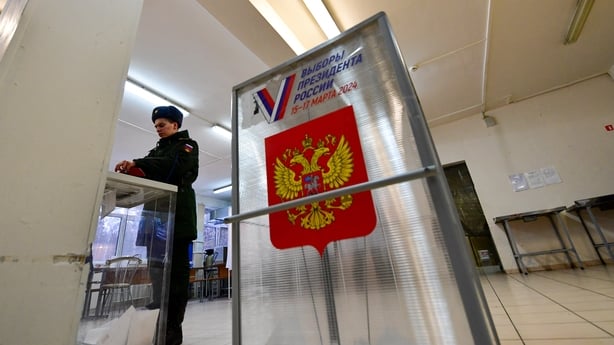
While some within Russia’s elite are sceptical about the prosecution of the war, they have nothing to gain and much to lose by opposing the Kremlin – as the failed mutiny of Yevgeny Prigozhin, leader of the mercenary Wagner group, showed in 2023.
His plane crashed on 23 August 2023, two months to the day after the mutiny.
Mr Putin is leaving little to chance. Since the full-scale invasion, authorities have cracked down on any sign of dissent. Hundreds of people have been arrested for expressing their opposition and protests are banned.
State media, which dominates Russia’s airwaves, is staunchly loyal to Mr Putin. The task of the three rival candidates is to lose. None of their approval ratings are above 6%.
One electoral official told Boris Nadezhdin, an anti-war candidate who was barred despite garnering tens of thousands of signatures to register, that he should focus on his own failings rather than complaining.
The Kremlin’s main concern is ensuring a high turnout. Some managers at state companies have ordered employees to vote – and submit photographs of their ballot papers, six sources told Reuters. Even cash machines remind Russians to vote.
The leaders of Russia’s fragmented opposition are either abroad, in prison, silent, or dead.
Alexei Navalny, Russia’s most prominent opposition leader, died on 16 February in the “Polar Wolf” Arctic penal colony, the prison service said. His widow, Yulia, has called on Russians to turn up at polling stations at noon on Sunday to show their opposition.
Asked if Mr Putin was strong or weak, Leonid Volkov, one of Navalny’s top aides said: “Dinosaurs were very strong before they were extinct.”
Shortly after speaking to Reuters in Vilnius, Mr Volkov said he was assaulted with a hammer in an attack Lithuania blamed on Russia. The Kremlin declined to comment on the incident.
Russia’s war-focused economy grew 3.6% last year and real wages rose 7.8%, but it faces labour shortages, investment shortages and population decline, data shows.
Mr Putin believes he has more staying power in Ukraine than the United States and he can keep Russia in the battle for many more years, according to three Russian sources.
“War is not necessarily bad for an economy in the short term,” said one Russian source who asked not be identified.
“Putin can fight on for as long as he wants.”

